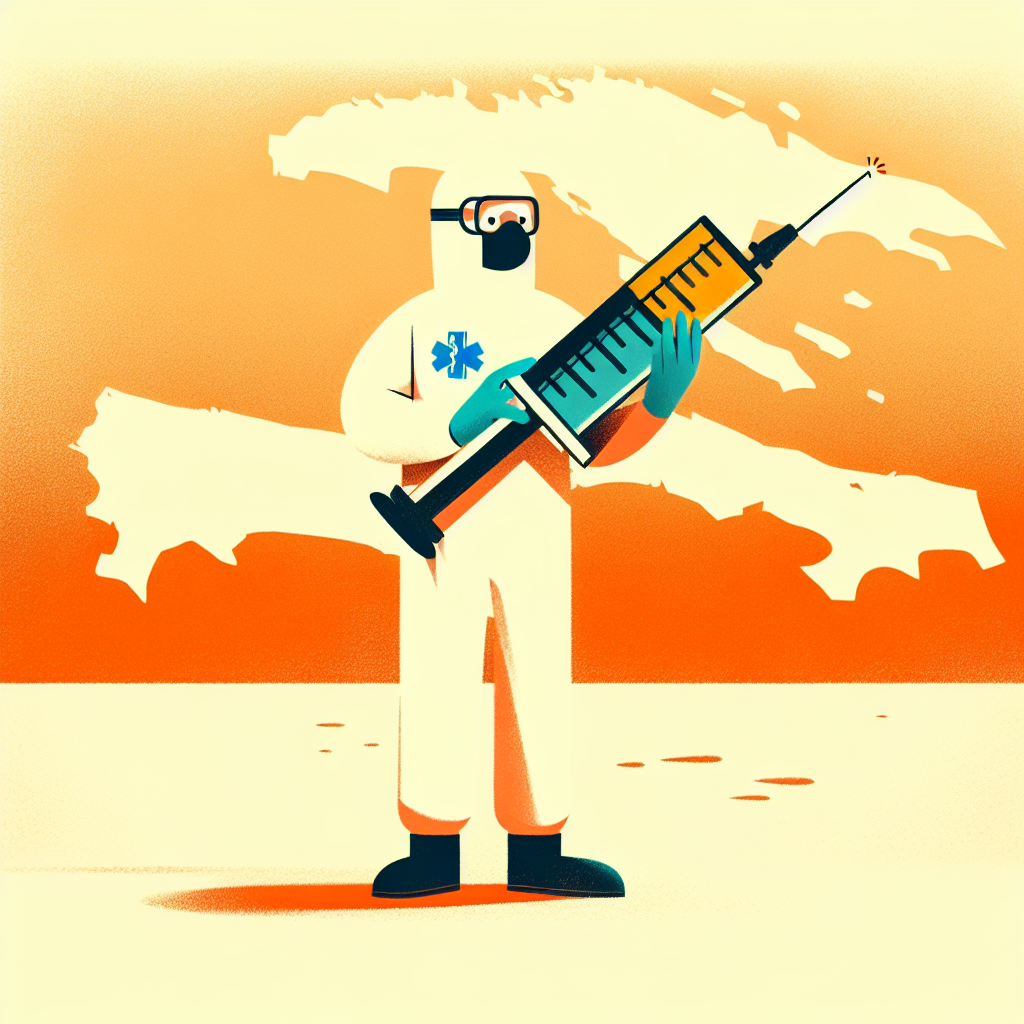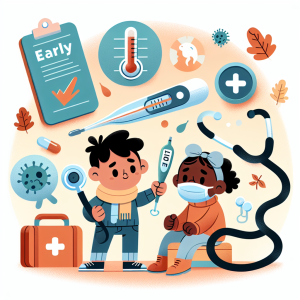
Haiti’s Battle Against Rabies
In the heart of the Caribbean, Haiti is waging a fierce battle against the deadly threat of rabies, turning a public health challenge into an opportunity for systemic improvement, thanks to vaccines and international support. The UN and its health arm, the Pan American Health Organization (PAHO), are at the forefront of this vital effort.
Understanding the Rabies Threat
Rabies, a viral disease that is nearly always fatal once clinical symptoms appear, is transmitted to humans through the bite of an infected animal, most commonly dogs. In Haiti, dog bites have long been a common occurrence, escalating public health concerns (UN News).
Despite global advancements in containing rabies through vaccination, Haiti continues to face challenges due to inadequate healthcare infrastructure, limited public awareness, and socio-economic barriers. These challenges are compounded by the nation’s struggle with poverty, political instability, and natural disasters.
Vaccination Campaigns: A Step Forward
To combat rabies efficiently, Haiti, with support from PAHO and other international organizations, has launched comprehensive vaccination campaigns. These efforts aim to vaccinate dogs, the primary vector for the rabies virus. According to the UN, by vaccinating an estimated 140,000 dogs across four departments, these campaigns have significantly reduced the incidence of rabies (UN Sustainable Development).
Community Engagement and Education
Another critical component of the anti-rabies strategy is community education and engagement. By increasing public awareness about rabies prevention and the importance of vaccinating pets, health authorities hope to change behaviors and attitudes towards pet care and public health.
Workshops and educational programs have been initiated to teach communities about the symptoms of rabies and the necessary actions following potential exposure. Encouraging responsible pet ownership and discouraging the abandonment of dogs are also focus areas of these programs.
Support from the International Community
The international response has been robust. Organizations such as the United Nations and PAHO, along with nonprofit organizations focused on global health, have provided the necessary resources and expertise to bolster Haiti’s healthcare capabilities. These efforts are a part of a broader strategy to enhance health system resilience in the face of continuous challenges (PAHO Report).
‘Strengthening health system resilience is vital in tackling current and future health challenges,’ says PAHO spokesperson, underscoring the importance of international partnerships.
The economic backdrop is also receiving much-needed attention, with plans to improve job opportunities and community infrastructure to support long-term health initiatives.
A Path Forward
Haiti’s ongoing efforts to fight rabies could serve as a model for other countries facing similar public health threats. By focusing on vaccination, education, and international cooperation, the country is taking significant strides towards not just controlling rabies but building a more robust public health system.
The lessons learned here extend beyond rabies, highlighting the interconnected nature of global health issues and the importance of unity and shared strategies among nations when handling public health challenges. As Haiti continues its journey, the world watches with optimism, hoping for a precedent that transforms rabies battles globally.
For further updates on Haiti’s health initiatives and their outcomes, follow updates from the UN News and other reliable sources.



